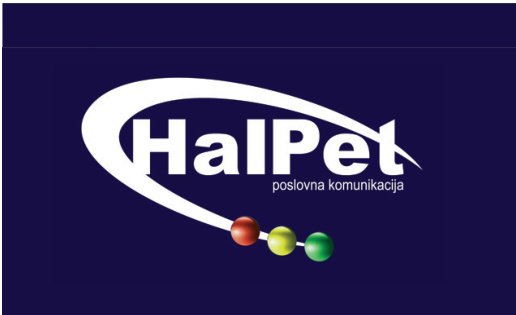In the era of globalization, not only news travel fast. Words also ‘travel’ from one language to another, but they do not always keep the same meaning. In certain fields, such as information technology, words that originate from English mostly retain their meanings in other languages. But now we will examine some cases where the meaning of seemingly similar words differs significantly. Unfortunately, there are no rules to help us. The best way is simply to remember which pairs are false, just in the same way you learn any new word.
Let us examine some general examples first. Ambulance is the vehicle that in case of an emergency takes people to a hospital. If you’re going to see a doctor, then you go to a doctor’s office. Moreover, if you have an advanced degree, you graduated from the university. Parts of a university are referred to as schools, departments, or colleges. In English, the word faculty denotes professors in an educational institution, and not the institution itself. Eventually means finally, in the end. If you’d like to say something is possible, use possibly, or potentially. When we get down to business, provision can be confusing. It has several meanings: a clause in a legal instrument, a supply or stock of something provided, and in plural form, provisions, it means supplies of food. If you want to say someone is getting a percentage of an amount, use the word commission. Therefore, commission means an amount or percentage that is given to a person for their services or job done. Commission can also refer to authority granted for a particular action or function. The Croatian equivalent that is usually confused with commission (komisija), is not related to the English word at all. There are several words to use when it comes to a group of people who are in charge of making a decision or providing advice or direction: board, committee, council or panel. Further, rate is most commonly used to mean the amount of a charge or payment with reference to some basis of calculation (e.g., high interest rate on loans). If you have a house or a car loan, the monthly payments you’re making on these is called an installment. Prospects refer to an apparent probability of advancement, success, profit, etc.; the outlook for the future (e.g., good business prospects); chances; and a potential candidate, client, or purchaser. The booklet that contains basic information and usually pictures depicting a place, products, and/or services is called a brochure. Finally, interest means a person’s involvement or curiosity for a topic/person, but it also refers to the amounts or percentage charged for borrowing money from a financial institution.




